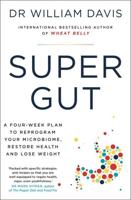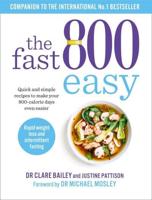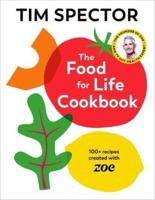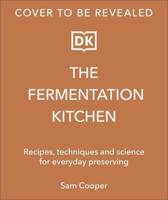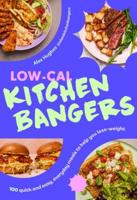Publisher's Synopsis
Are you looking for a different and natural diet plan for a healthy lifestyle? Then keep reading....
In recent years, the term "plant-based" has grown in popularity, but it still means different things to different people. Some think a plant-based diet consists mostly of plant foods but allows some animal products. Others consider it a vegan diet, consisting of "anything without a mother or a face."
Compared to diets that include highly processed foods, whole-food diets are lower in calories, higher in fiber, and more conducive to a healthy body weight.
Research on the health effects of whole foods, including a 2009 study in The American Journal of Clinical Nutrition and a 2006 study in Diabetes Care, shows that they provide many advantages, including better health outcomes for those suffering from heart disease and diabetes.
Plant-based foods are those that don't come from animal sources like meat, dairy, eggs, and seafood. You might also know them as "vegan." The WFPB diet allows all whole plant foods as well as some plant-based foods that may be slightly more processed, as long as they aren't highly refined and don't contain any added salt, oil, or sugar.
Many lightly processed plant-based foods can be used as healthy alternatives to commonly consumed animal-based foods, such as cashew milk instead of cow's milk, a tofu scramble instead of scrambled eggs, and shredded jackfruit instead of pulled pork. Some other great plant-based foods included in a WFPB diet are whole-grain pastas and breads, corn tortillas, and many homemade sauces, dressings, and dips.
It's important to note that a healthy WFPB diet is built around whole plant foods in addition to those slightly processed plant-based foods. Together, they help ensure that we can change our current health for the better and also improve our chances of living longer and more active lives.
This book covers the following topics:
Consuming a variety of foods on a WFPB diet is a healthy and delicious way to get your body all the nutrients it needs.
You may have grown up being told the key to a healthy diet is to decrease carbohydrate intake and increase protein-but we'll soon look into why many plant-based physicians recommend the exact opposite.
And while we will dive deeper into just how you can meet your macronutrient (carbohydrate, protein, fat) needs, the key thing to remember is to keep it simple and focus on eating whole plant foods, as close to their natural state as possible.


